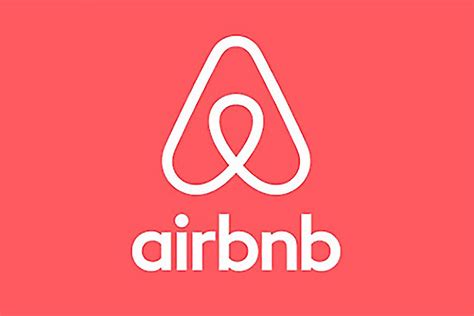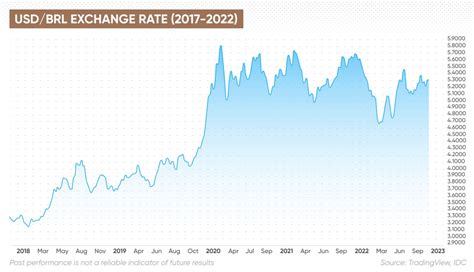Introduction

The hospitality industry has witnessed a profound shift in recent years, with the rise of short-term rental platforms like Airbnb. Airbnb has revolutionized the lodging landscape, challenging the dominance of traditional hotels. As we approach 2025, the battle for lodging supremacy intensifies, with both Airbnb and hotels vying for market share. This article delves into the competitive dynamics between these two industry titans, examining their strengths, weaknesses, and strategies for the future.
Airbnb’s Meteoric Rise and Dominance
Since its inception in 2008, Airbnb has experienced exponential growth. With over 5.6 million active listings in more than 220 countries and regions, it has become a global behemoth. Airbnb’s unique value proposition, which offers travelers a more authentic and immersive experience at a lower cost, has resonated with a vast and growing customer base.
Hotels: Adapting to the Airbnb Challenge
The rise of Airbnb has forced traditional hotels to adapt and evolve. They have recognized the need to offer more personalized experiences, cater to the changing needs of travelers, and leverage technology to streamline operations. Many hotels have adopted a hybrid approach, incorporating Airbnb-like features into their offerings, such as self-check-in, mobile apps, and loyalty programs.
Strengths and Weaknesses: A Comparative Analysis
Airbnb
- Strengths:
- Vast inventory of unique and diverse properties
- Lower costs for travelers
- More immersive and authentic experiences
- Flexibility and convenience
- Weaknesses:
- Lack of standardized quality and amenities
- Concerns over safety and security
- Potential for neighbor complaints
- Difficulty in resolving disputes
Hotels
- Strengths:
- Standardized quality and amenities
- Well-established customer service infrastructure
- Loyalty programs and rewards
- More comprehensive facilities (e.g., restaurants, pools)
- Weaknesses:
- Higher costs for travelers
- Less flexibility and choice
- Fewer opportunities for authentic and immersive experiences
- Potential for impersonal and generic stays
Future Trends and Innovate Applications
As the lodging industry continues to evolve, both Airbnb and hotels are exploring innovative ways to meet the evolving needs of travelers. Some key trends to watch include:
- Bleisure Travel: The rise of remote work has blurred the lines between business and leisure travel. Airbnb and hotels are developing offerings tailored to the bleisure traveler, such as flexible booking options, dedicated workspaces, and amenities that foster productivity.
- Wellness and Sustainability: Travelers are increasingly seeking experiences that prioritize well-being and sustainability. Airbnb and hotels are incorporating features such as fitness centers, yoga classes, and eco-friendly practices into their offerings.
- Personalized Experiences: Both Airbnb and hotels are leveraging technology to provide highly personalized experiences. This includes AI-powered recommendations, virtual tours, and tailored amenities based on guest preferences.
Case Study: Airbnb’s Response to the Pandemic
The COVID-19 pandemic presented a significant challenge to both Airbnb and hotels. Airbnb responded swiftly, implementing a number of measures to support hosts and guests, including:
- Enhanced cleaning protocols: New cleaning standards were introduced to ensure the safety and well-being of guests.
- Flexible cancellation policies: Hosts were encouraged to offer flexible cancellation policies to accommodate travel disruptions.
- Community support: Airbnb provided financial assistance and support resources to hosts who were impacted by the pandemic.
Reviews from Customers
“Airbnb offers me a unique and memorable experience every time I travel. I love the flexibility and the chance to immerse myself in local culture.” – Sarah, Airbnb guest
“Hotels provide me with the comfort and amenities I expect from a traditional lodging experience. I appreciate the standardized quality and the loyalty programs.” – John, hotel guest
Conclusion
The battle for lodging supremacy between Airbnb and hotels is far from over. Both companies are continuously adapting and innovating to meet the evolving needs of travelers. Airbnb’s unique value proposition and global reach give it a strong advantage in the short-term rental market, while hotels are leveraging their established infrastructure and customer loyalty to compete effectively. As the industry continues to evolve, it will be fascinating to see how these two titans shape the future of lodging.



